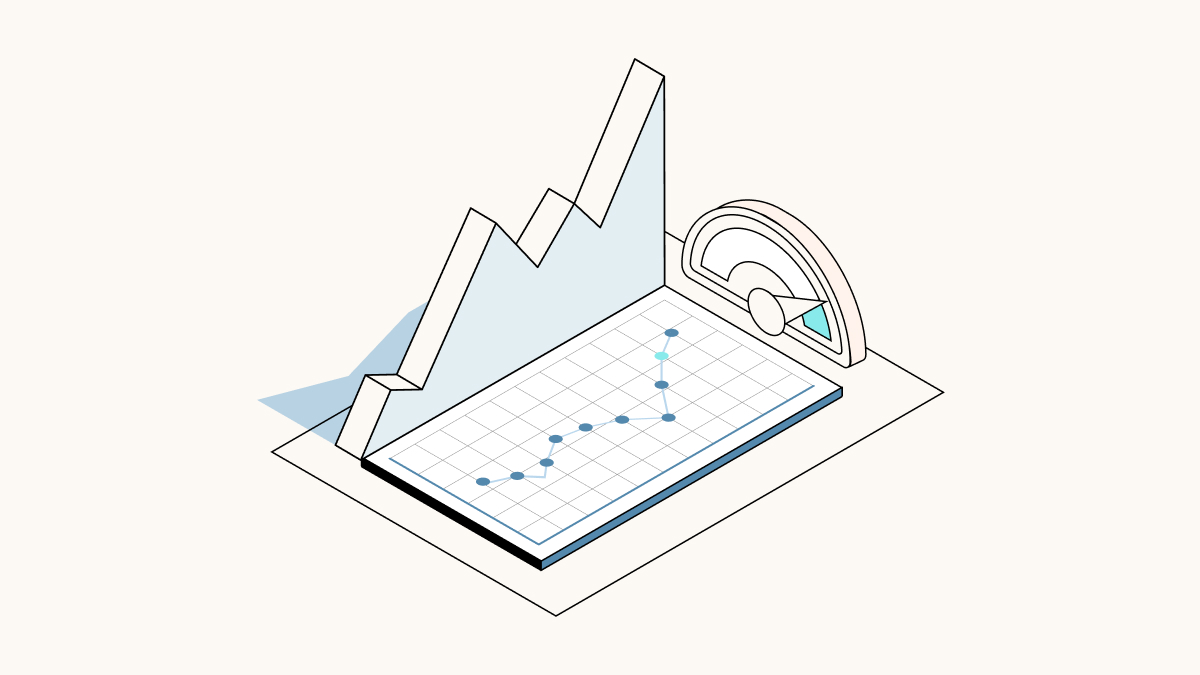What is market cap?
The market capitalization (or market cap) of a company is the total value of all the outstanding shares of that company’s stock. In other words, it is one way to put a value on what the company is worth.
Market cap is a measurement used for public companies and public assets. Private companies use other measurements to determine their value, including 409A valuations (for common stock) and priced rounds.
How to calculate market cap
You can calculate a company’s market cap by multiplying the total number of outstanding shares by the value-per-share on the stock market. For example, a company with 100 million shares, trading at $5 a share, has a market cap of $500 million.
Market cap formula
The formula to calculate market cap is as follows:
Market Cap = Total Shares x Value-Per-Share
Companies will often be referred to as large-cap, mid-cap, or small-cap, however there is no standardized definition for each group, and some categorizations also include nano-cap, micro-cap, and mega-cap.
Is the market cap the value of a company?
Market cap is not the only metric to determine what a company is “worth.” It tells you how investors in the stock market are currently viewing the value of the company, but as the share price fluctuates, so does the market cap.
Market cap vs. enterprise value
Market cap is distinct from another way to value a company’s worth called enterprise value. The enterprise value of a company is the total value of a company’s assets (including equity and cash) minus all outstanding debt.
Enterprise Value = [Market Cap + Cash] – Debt
The market cap is also not necessarily the “price” the company would cost in a merger or acquisition. The difference between the M&A price and the target company’s enterprise value is called the premium.
Premium = M&A Price – Enterprise Value
Do private companies have a market cap?
Since only public companies trade openly on the stock market, market cap is a way to value public companies. For private companies, there are a number of ways to determine the value of the company.
The valuation determined by the most recent priced round would tell you what the investors involved valued the company at the time of that transaction. Private companies also use 409A valuations to determine the fair market value (FMV) of common stock and price employee stock options.
What is market cap in crypto?
Market cap can be used to value other financial assets besides stocks. For crypto and digital assets—such as cryptocurrencies and NFTs—market cap represents the total value of a specific asset compared to all mined coins.
You can calculate a digital asset’s market cap by multiplying the total number of coins that exist in the ecosystem (the total number of coins in circulation) by the current value of a single coin. The crypto market has more volatility than other markets, so market cap tends to fluctuate more frequently.




